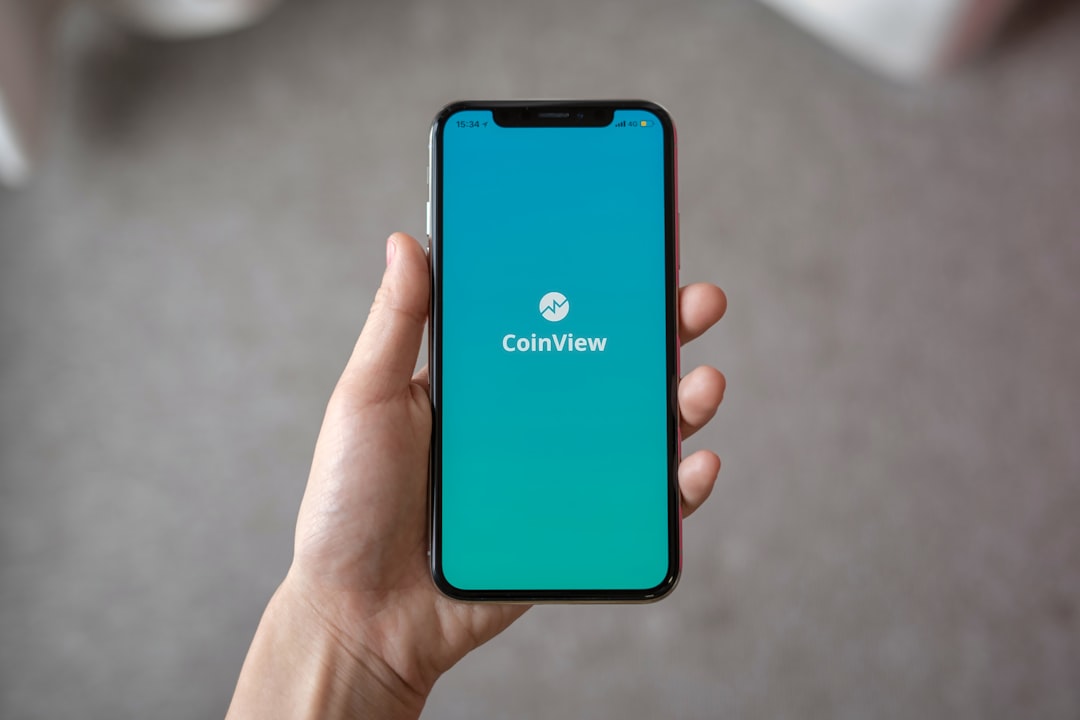In Indiana, strict Do Not Call laws protect residents from unsolicited text messages (spam) from law firms or other businesses. Individuals can register their numbers on the state registry to block commercial texts. Violations incur penalties up to $1,000 per instance, and consumers are encouraged to report spam to the Attorney General's office for enforcement. Reputable law firms assist in utilizing these protections against intrusive messaging.
In the digital age, spam texts have become a pervasive nuisance. Indiana state has taken significant steps to protect residents from unsolicited messaging through its robust Do Not Call laws. This article delves into the legal implications of spam texts in Indiana, highlighting penalties and fines for violators. We explore how these regulations, enforced by local Do Not Call law firms, serve as a safeguard against intrusive marketing practices, empowering citizens to reclaim their privacy.
Understanding Spam Texts and Their Legal Implications in Indiana

Spam texts, or unsolicited text messages, have become a pervasive issue in today’s digital landscape. In Indiana, as in many other states, there are strict regulations in place to protect consumers from these nuisance messages, particularly those promoting legal services. The Do Not Call laws specifically target such unsolicited communications, including text messages from law firms and other commercial entities.
In Indiana, the Attorney General’s office enforces these laws, which prohibit companies from sending automated or pre-recorded texts without prior express consent. Violations can result in penalties, including fines and legal action. Consumers who feel they’ve received spam texts, especially those advertising legal services, are encouraged to file a complaint with the Attorney General’s office. This proactive approach not only protects individuals but also helps maintain a respectful and regulated communication environment, ensuring that Indiana residents’ privacy is respected while navigating the complex world of legal services.
The Do Not Call Law: Protecting Residents from Unwanted Telemarketing

In Indiana, residents enjoy protections under the state’s Do Not Call Law, designed to curb unwanted telemarketing calls and text messages. This law empowers individuals to register their phone numbers on the State’s Do Not Call Registry, effectively blocking most commercial texts from being sent to their devices. By doing so, it offers a powerful tool for citizens to safeguard their personal space and peace of mind from persistent spam communications.
The Do Not Call Law specifically targets marketing firms and businesses engaging in telemarketing activities. It sets strict penalties for violators, including financial fines and legal repercussions. For Indiana residents facing relentless spam texts, this law provides a sense of control and security, ensuring that their consent is required before receiving commercial messages. Many reputable Do Not Call Law firms in Indiana assist residents in navigating these protections and holding accountable those who disregard the rules.
Penalties and Fines for Violating Anti-Spam Laws in Indiana State

In Indiana, sending unwanted or unsolicited text messages, often referred to as spam texts, is illegal under the state’s anti-spam laws. These laws are designed to protect consumers from intrusive and deceptive messaging practices. If found guilty of violating these regulations, individuals or businesses can face severe penalties and fines. The Indiana Attorney General’s Office has the authority to investigate and take legal action against offenders. Fines can range from $50 to $1,000 per violation, depending on the severity and frequency of the spamming activity.
In addition to monetary penalties, individuals found guilty may also be required to pay treble damages, which means three times the actual harm incurred by the recipient. This is intended to compensate victims for their trouble and discourage future spam activities. It’s important to note that these laws specifically prohibit marketing or advertising messages sent via text without prior explicit consent from the recipient, ensuring a more private and controlled communication environment for Indiana residents.






